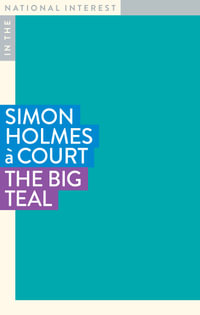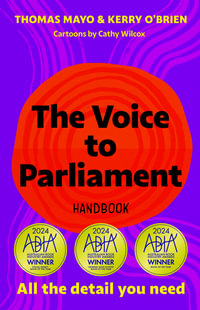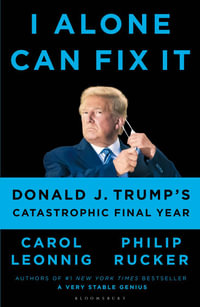
Is the Youth Vote Liberal?
Analyzing Attitudes Toward Business and Regulation
By: Zachary Cook
Hardcover | 15 January 2024
At a Glance
Hardcover
$207.90
or
Aims to ship in 15 to 25 business days
ISBN: 9781666925708
ISBN-10: 1666925705
Published: 15th January 2024
Format: Hardcover
Language: English
Number of Pages: 238
Audience: Professional and Scholarly
Publisher: LEXINGTON BOOKS
Country of Publication: US
Dimensions (cm): 22.86 x 15.24 x 1.75
Weight (kg): 0.52
Shipping
| Standard Shipping | Express Shipping | |
|---|---|---|
| Metro postcodes: | $9.99 | $14.95 |
| Regional postcodes: | $9.99 | $14.95 |
| Rural postcodes: | $9.99 | $14.95 |
How to return your order
At Booktopia, we offer hassle-free returns in accordance with our returns policy. If you wish to return an item, please get in touch with Booktopia Customer Care.
Additional postage charges may be applicable.
Defective items
If there is a problem with any of the items received for your order then the Booktopia Customer Care team is ready to assist you.
For more info please visit our Help Centre.
You Can Find This Book In
This product is categorised by
- Non-FictionPolitics & GovernmentPolitical Structure & ProcessesElections & Referenda
- Non-FictionPolitics & GovernmentCentral GovernmentCentral Government Policies
- Non-FictionPolitics & GovernmentPolitical Parties
- Non-FictionPolitics & GovernmentPolitical Control & FreedomsPolitical Campaigning & Advertising























